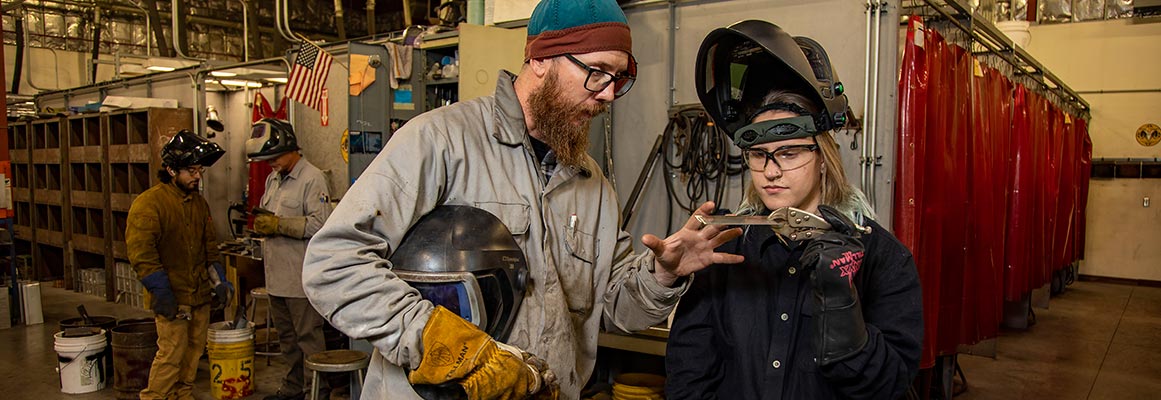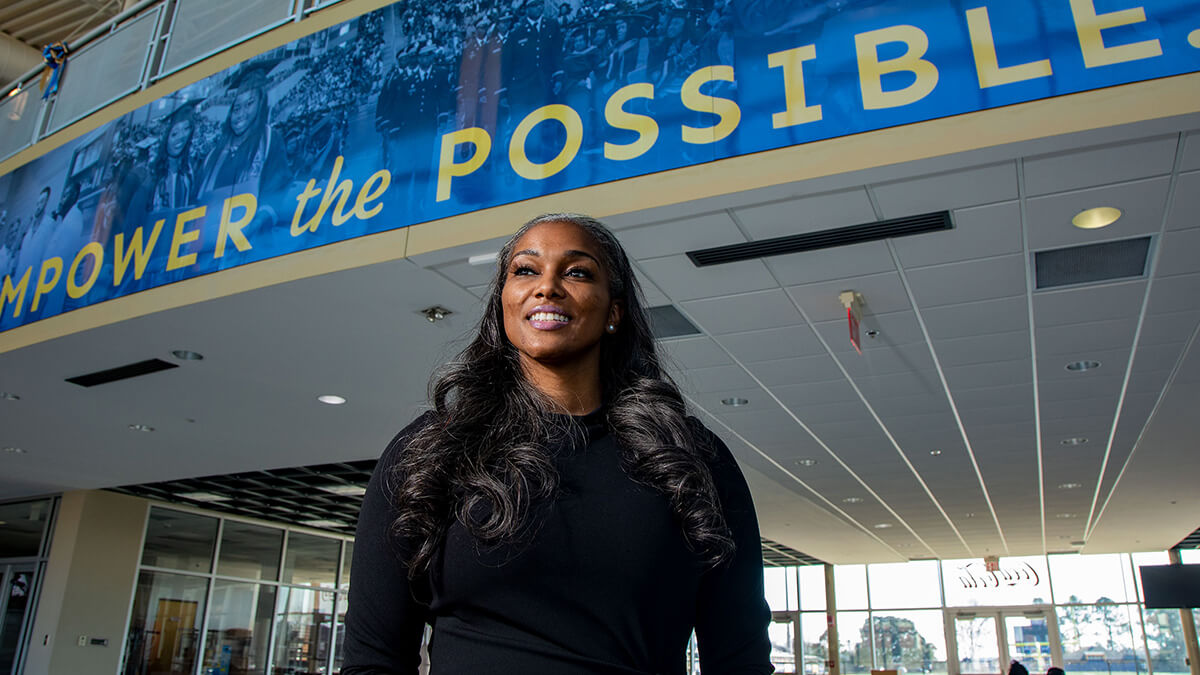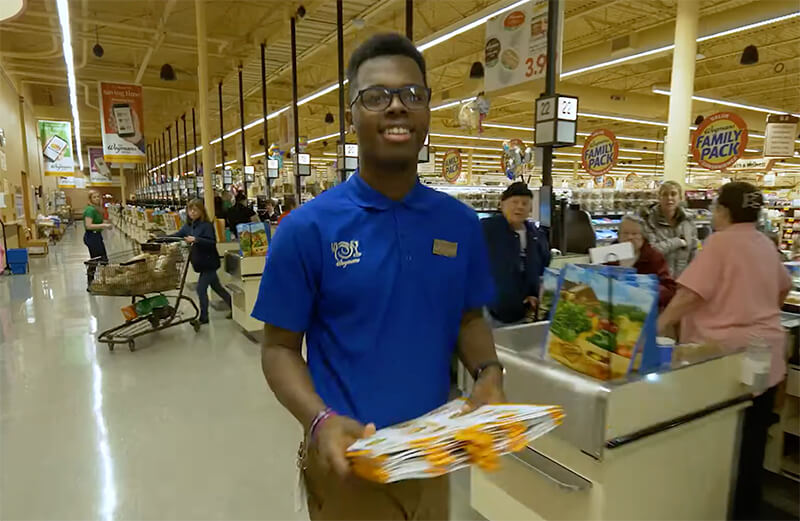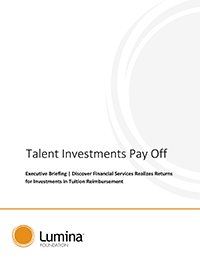Working Adults
The facts about working adults: 64% of college students work, and 40% work full time. 49% of college students are financially independent from their parents. 6% of college students serve or have served in the U.S. armed forces. 24% have children or other dependents. And 57% live independently—away from their parents or campus housing.
Working a full-time job while being a full-time student reduces academic performance
Working more than 20 hours per week negatively affects academic performance. According to research from the National Center on Education Statistics (NCES), students who worked 25 or more hours per week were less likely than those who did not work at all or only worked part-time (less than 20 hours per week) to complete their bachelor’s degrees within six years of starting college.
A study from the University of Wisconsin-Madison found that students who worked more than 20 hours per week were 2.5 times more likely to drop out of school than those who did not work. Students who worked part time were 1.7 times more likely to drop out than their full-time counterparts (full-time being defined as working 30 hours or more per week). Students who worked less than 15 hours per week had only a slightly elevated risk of dropping out over those who did not work at all, which suggests that the threshold for adverse effects on academic performance lies somewhere between 15 and 30 working hours per week.
Tuition reimbursement programs benefit businesses and individuals
When employers invest in their workers, they help build skills, improve corporate bottom lines, and increase employees’ loyalty, all while helping them access educational and career advancement opportunities. Meet a few of the workers and employers participating in tuition reimbursement programs.










